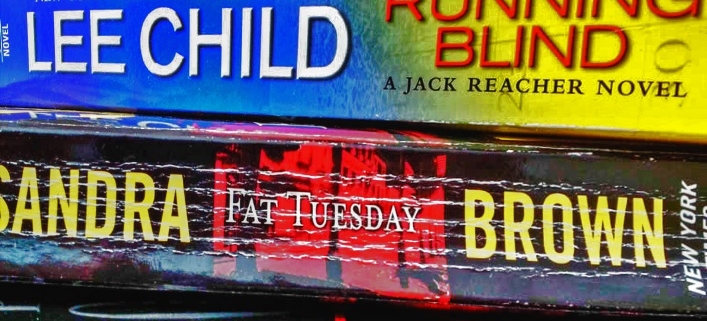Writers’ Police Academy Online is Pleased to Present:
“Search Dogs, Search Warrants, a Search for Words, and Lies”
When: February 27, 2021
This daylong live and interactive seminar features three renowned professionals who will share intimate knowledge of K-9 search and rescues and the recovery of human remains; laws and procedures governing search warrants, pursuits, and police use of force; how detectives use the words of suspects and witnesses—nouns, pronouns, extra words, missing words—to detect deception or hidden information.
At the end of day international bestselling author Heather Graham presents a dynamic workshop on the craft of writing titled “It’s All in the Words.”
Instructors include Carrie Stuart Parks, Sheri Lewis Wohl, Wisconsin Judge Kevin Rathburn, and the fabulous Heather Graham Pozzessere!
Registration is officially open. Reserve your seat today!
https://writerspoliceacademy.online
Seminar Schedule
Schedule (Times are EST)
10:30 – Login and Test
10:45 – Welcome
11:00 – 12:20
Search Warrants, Pursuits, and Police Use of Force
This course will describe the general legal standards for the use of force by police such as warrants, including anticipatory, knock, and No Knock, warrants and pursuits. Instructor, Kevin Rathburn
12:20 – 12:50
Break
12:50 – 2:10
More than the Nose: K9 Search Teams in the 21st Century
K9 Search Teams in the 21st Century is a journey into the world of canine search teams. What does it take to be field ready? What makes a good search dog? Learn the difference between what it looks like on TV and what it’s really like out in the field. Learn how and why it’s changing from search and rescue volunteers to unpaid professionals. Instructor Sheri Wohl
2:20 – 3:40
Don’t LIE to Me!
Law enforcement uses numerous tools to identify deception in witnesses and suspects, depending on their background and training. Learn one of the more unique skill sets in recognizing deception through language–by reviewing the written statements. Understand how the very nouns, pronouns, extra words, missing words, and other clues alert detectives to deception or hidden information. Add richness and depth to your writing by utilizing and weaving content statement analysis into your manuscripts. Instructor, Carrie Stuart Parks
3:50 – 5:10
“It’s all in the Words”
A dynamic workshop on the craft of writing taught by one of the all-time great authors of suspense, historical romance, vampire fiction, time travel, occult, and Christmas family fare. Instructor, Heather Graham
5:10
Final words
Instructor Bios:
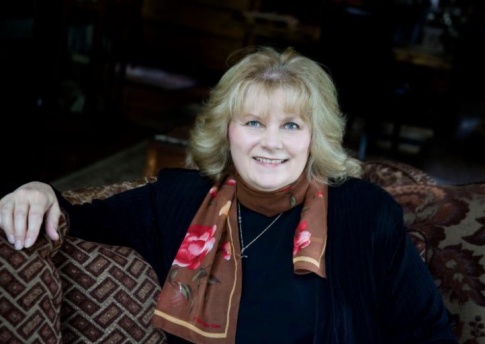 Carrie Stuart Parks is an award-winning, internationally known forensic artist. She travels across the US and Canada teaching courses in forensic art to law enforcement professionals including the FBI, Secret Service, and RCMP, and is the largest instructor of forensic art in the world. Her best-selling novels in the mystery/suspense/thriller genre have garnered numerous awards including several Carols, Inspys, the Christy, Golden Scroll, Maxwell, and Wright. As a professional fine artist, she has written and illustrated best-selling art books for North Light Publishers.
Carrie Stuart Parks is an award-winning, internationally known forensic artist. She travels across the US and Canada teaching courses in forensic art to law enforcement professionals including the FBI, Secret Service, and RCMP, and is the largest instructor of forensic art in the world. Her best-selling novels in the mystery/suspense/thriller genre have garnered numerous awards including several Carols, Inspys, the Christy, Golden Scroll, Maxwell, and Wright. As a professional fine artist, she has written and illustrated best-selling art books for North Light Publishers.
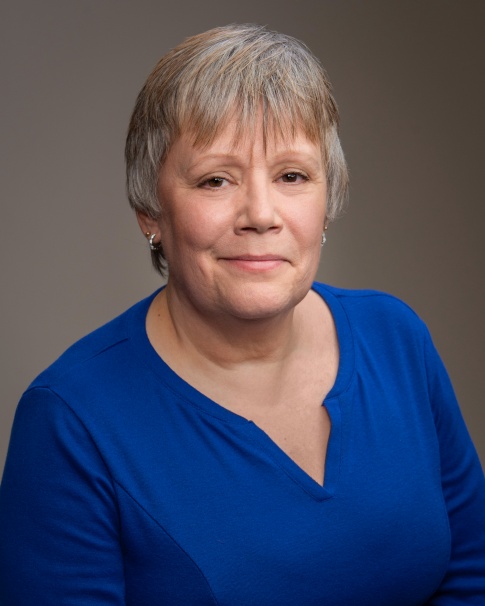 Sheri Lewis Wohl is a 30-year veteran of the federal judiciary, a search and rescue K9 handler, and the author of more than fifteen novels, several of which feature search dogs. She is a field ready member of search and rescue in Eastern Washington and for the last nine years, has been a human remains detection K9 handler deployed on missions throughout Washington, Idaho, and Montana.
Sheri Lewis Wohl is a 30-year veteran of the federal judiciary, a search and rescue K9 handler, and the author of more than fifteen novels, several of which feature search dogs. She is a field ready member of search and rescue in Eastern Washington and for the last nine years, has been a human remains detection K9 handler deployed on missions throughout Washington, Idaho, and Montana.
Sheri has a Bachelor’s degree in Psychology and Communications from Eastern Washington University and a Master’s degree in Literature from California State University, Dominguez Hills.
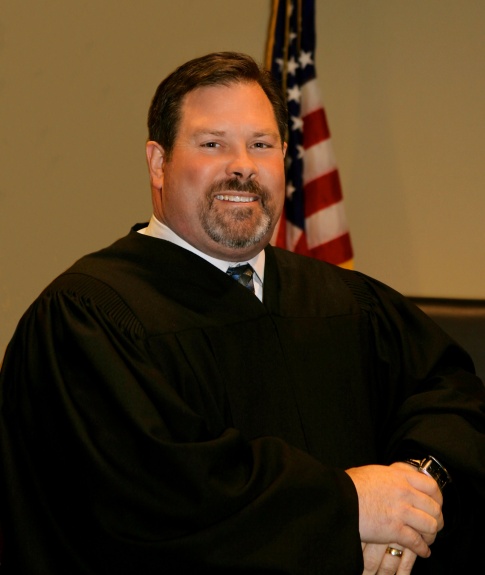 Kevin Rathburn became a full-time faculty member at Northeast Wisconsin Technical College in 2000 after serving as an adjunct instructor for nine years. Prior to that, Mr. Rathburn served for ten years as an Assistant District Attorney for Brown County in Green Bay, Wisconsin. In 2004, Mr. Rathburn became Municipal Judge for the Village of Suamico. Mr. Rathburn holds BAs in political science and economics from St. Norbert College (1987) and a JD from Marquette University Law School (1990).
Kevin Rathburn became a full-time faculty member at Northeast Wisconsin Technical College in 2000 after serving as an adjunct instructor for nine years. Prior to that, Mr. Rathburn served for ten years as an Assistant District Attorney for Brown County in Green Bay, Wisconsin. In 2004, Mr. Rathburn became Municipal Judge for the Village of Suamico. Mr. Rathburn holds BAs in political science and economics from St. Norbert College (1987) and a JD from Marquette University Law School (1990).
While in Law school, Mr. Rathburn served as a law clerk to several Milwaukee Circuit Court Judges handling civil and criminal matters and the appeal of cases from local boards and municipal court in Milwaukee, Wisconsin. He also completed an internship in public sector labor law with the law firm of Mulcahy and Wherry and an internship with Blue Cross & Blue Shield Insurance Company.
Mr. Rathburn is a State Certified Instructor for the Wisconsin Technical College System. He is also certified by the Department of Justice, Training and Standards Board in the areas of Child Maltreatment, Constitutional Law, Corrections Law, Courts and Jurisdiction, Criminal Law, Introduction to Criminal Justice, Criminology, Domestic Violence, Ethics in Criminal Justice, Interviews and Interrogation, Juvenile Law, Report Writing, Sexual Assault and Sensitive Crimes. Mr. Rathburn recently helped create Constitutional Law and Juvenile Law Manuals and update the Criminal Law Manual for the WI. Dept. of Justice, Training and Standards Bureau.
Mr. Rathburn has been a member of the Department of Justice Legal Context Advisory Committee since 2005. He has also served as a Commissioner on the Governor’s Commission on School Violence and the Governor’s Juvenile Justice Commission. He is a past member of the Brown County Youth Aids Committee, Brown County Council on Child Sexual Abuse, Brown County Subcommittee on Underage Drinking, Brown County Consortium on Dysfunctional Families and St. Vincent Hospital’s Child Health Team.
Since 1991 Mr. Rathburn has made presentations on a wide variety of legal topics at numerous conferences including the Wisconsin Jail Association, Wisconsin Juvenile Officers and Juvenile Intake Workers, the State of Wisconsin DARE Officers Association, the Wisconsin LETAO, the Wisconsin Criminal Justice Instructors, the Wisconsin Arson Investigators and the Wisconsin Criminal Investigator’s Association. Mr. Rathburn frequently provides legal updates for law enforcement and correction agencies. He has also provided in-service training for Unified Tactical instructors, administrators, corrections officers, dispatchers and casino security staff.
Since 2007, Mr. Rathburn has been a frequent speaker for the State Supreme Court in its training of Municipal Judges and Court Clerks. Since 2012 Mr. Rathburn has provided Basic Intake Training for Juvenile Intake Workers throughout Wisconsin. He is a trainer for the Wisconsin Child Welfare Professional Development system. Since 2016 Mr. Rathburn has been a featured presenter at the annual Writer’s Police Academy. He recently completed work with James Patterson and Maxine Paetro on a crime novel (The 17th Suspect). He has also presented to officers from England and the Caribbean Islands on multiple occasions in recent years.
In 1994, Mr. Rathburn received the Optimist Law Award for his contribution to the legal field. He also received an Outstanding Teacher Award in 2004, 2005, & 2006 from Who’s Who Among Teachers in American Universities & Colleges and from Who’s Who in Collegiate Faculty in 2007 and 2008. In 2017-18 he was included in Who’s Who in Technical College Faculty. In 2019, Mr. Rathburn received the Excellence in Teaching Award from Northeast Wisconsin Technical College.
Mr. Rathburn says his family is the most important part of his life. He spends as much time as possible with his wife, Beth, and their three sons, Sam, Jack, and Ben. He enjoys landscaping, gardening and walks with Beth and their dog Sophie. He spends many of his late evening hours reading and writing on legal topics. He also likes reading espionage or mystery novels and watching movies; especially westerns. He is an avid Packers fan and enjoys following the Badgers, Brewers, and Bucks
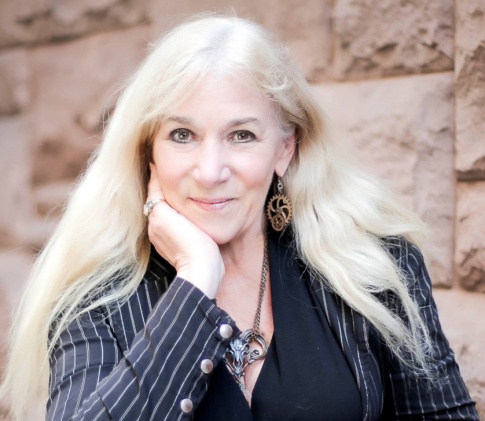 New York Times and USA Today bestselling author, Heather Graham, majored in theater arts at the University of South Florida. After a stint of several years in dinner theater, back-up vocals, and bartending, she stayed home after the birth of her third child and began to write. Her first book was with Dell, and since then, she has written over two hundred novels and novellas including category, suspense, historical romance, vampire fiction, time travel, occult, sci-fi, young adult, and Christmas family fare.
New York Times and USA Today bestselling author, Heather Graham, majored in theater arts at the University of South Florida. After a stint of several years in dinner theater, back-up vocals, and bartending, she stayed home after the birth of her third child and began to write. Her first book was with Dell, and since then, she has written over two hundred novels and novellas including category, suspense, historical romance, vampire fiction, time travel, occult, sci-fi, young adult, and Christmas family fare.
She is pleased to have been published in approximately twenty-five languages. She has written over 200 novels and has 60 million books in print. Heather has been honored with awards from booksellers and writers’ organizations for excellence in her work, and she is the proud to be a recipient of the Silver Bullet from Thriller Writers and was awarded the prestigious Thriller Master Award in 2016. She is also a recipient of the Lifetime Achievement Award from RWA. Heather has had books selected for the Doubleday Book Club and the Literary Guild, and has been quoted, interviewed, or featured in such publications as The Nation, Redbook, Mystery Book Club, People and USA Today and appeared on many newscasts including Today, Entertainment Tonight and local television.
Heather loves travel and anything that has to do with the water, and is a certified scuba diver. She also loves ballroom dancing. Each year she hosts a Vampire Ball and Dinner theater raising money for the Pediatric Aids Society and in 2006 she hosted the first Writers for New Orleans Workshop to benefit the stricken Gulf Region. She is also the founder of “The Slush Pile
Players,” presenting something that’s “almost like entertainment” for various conferences and benefits. Married since high school graduation and the mother of five, her greatest love in life remains her family, but she also believes her career has been an incredible gift, and she is grateful every day to be doing something that she loves so very much for a living.

www.writerspoliceacademy.online





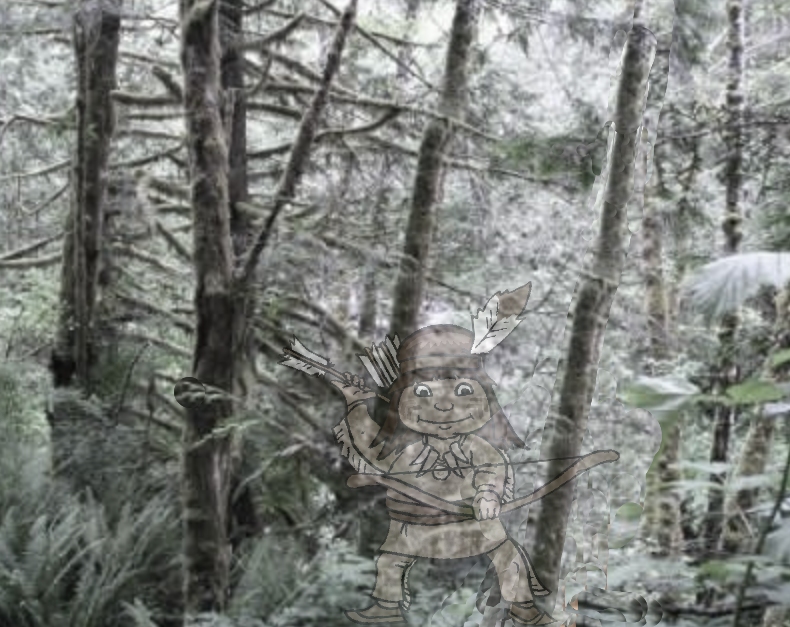


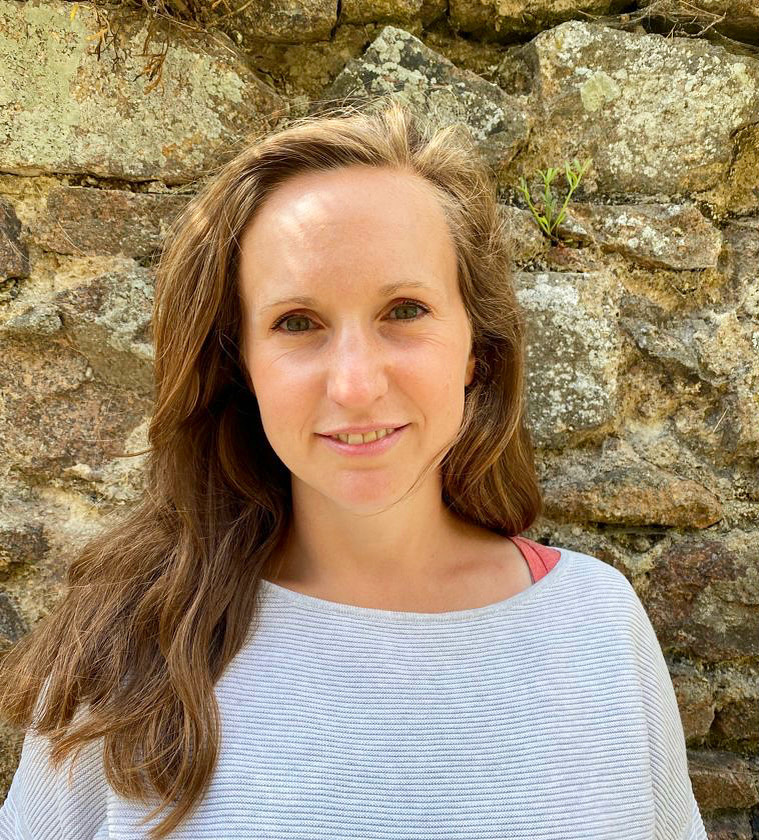


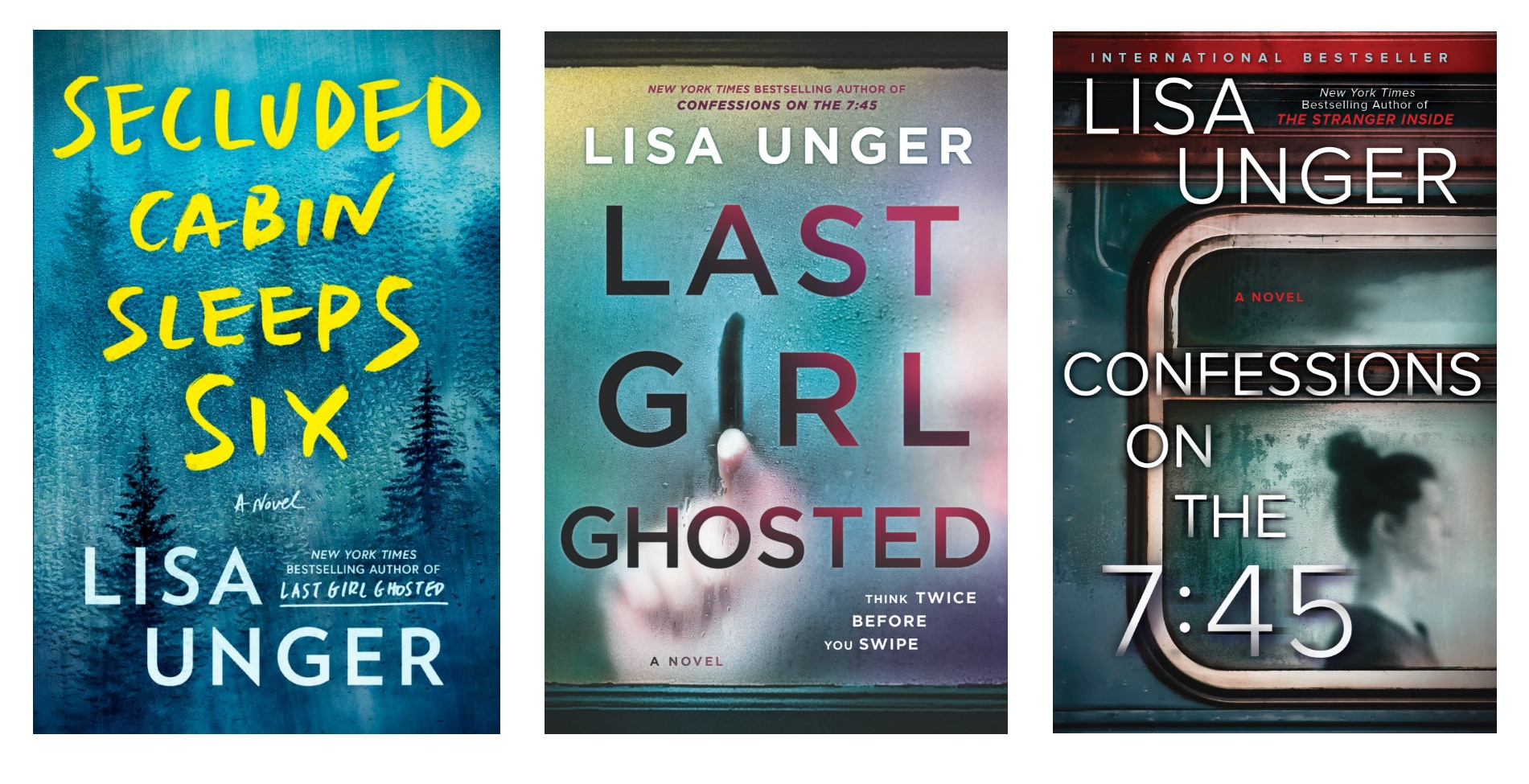


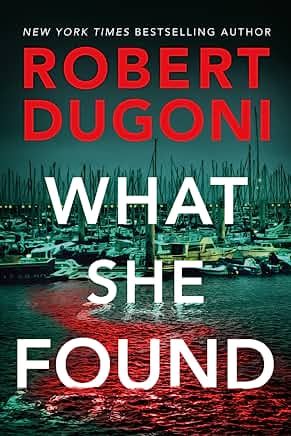
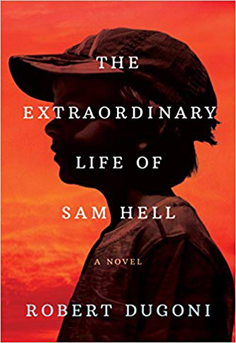

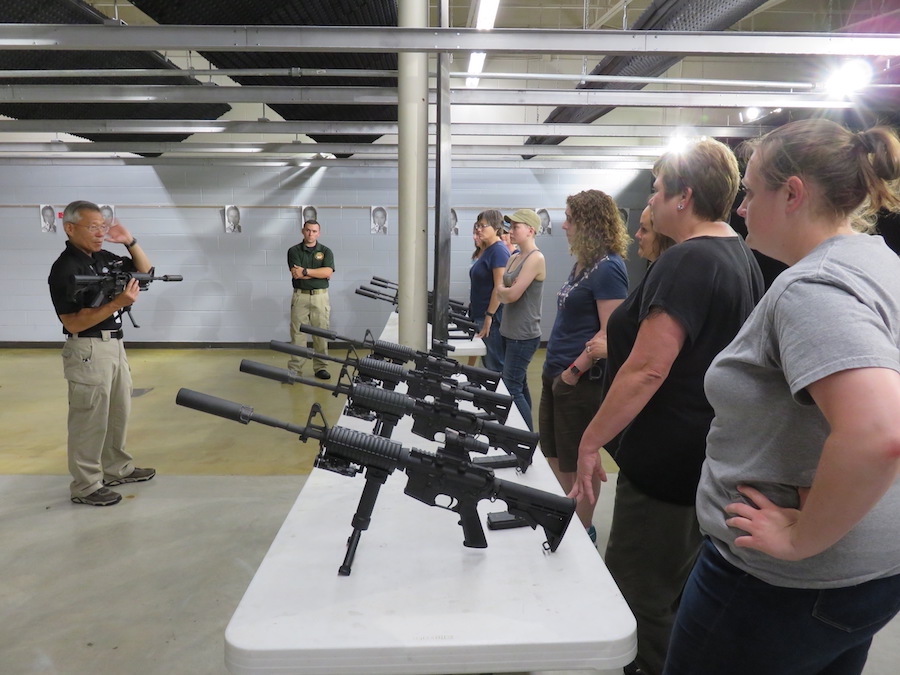

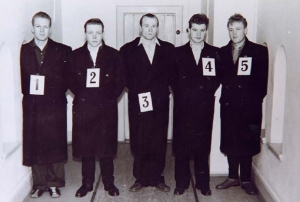 Since misidentification is the single greatest cause of wrongful convictions in the U.S., it is paramount to develop better discrimination accuracy when it comes to police lineups.
Since misidentification is the single greatest cause of wrongful convictions in the U.S., it is paramount to develop better discrimination accuracy when it comes to police lineups.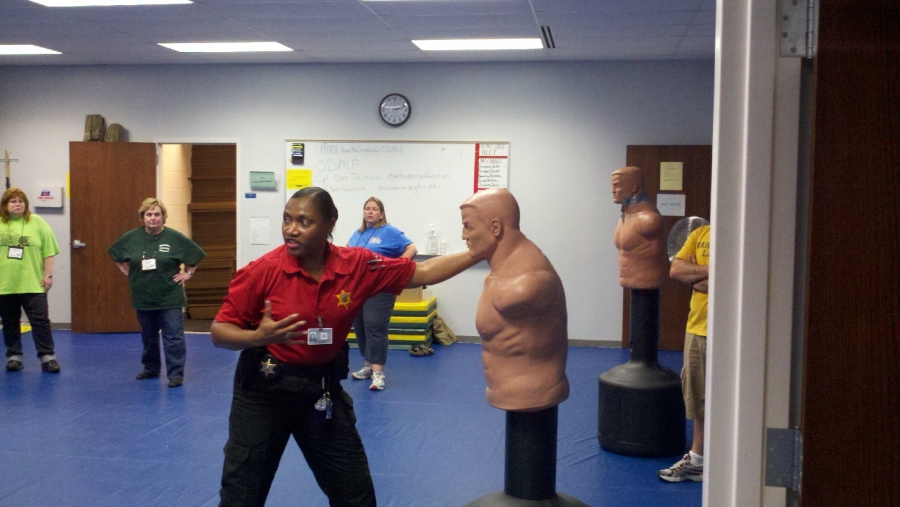

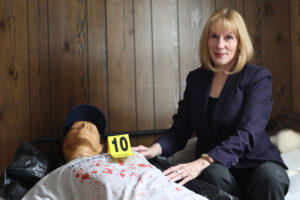 crime documentaries and magazine shows, is an executive producer of Murder House Flip, and has consulted for CSI, Bones, and The Alienist. The author of more than 1,500 articles and 69 books, including The Forensic Science of CSI, The Forensic Psychology of Criminal Minds, How to Catch a Killer, The Psychology of Death Investigations, and Confession of a Serial Killer: The Untold Story of Dennis Rader, The BTK Killer, she was co-executive producer for the Wolf Entertainment/A&E documentary based on the years she spent talking with Rader. Dr. Ramsland consults on death investigations, pens a blog for Psychology Today, and is writing a fiction series based on a female forensic psychologist.
crime documentaries and magazine shows, is an executive producer of Murder House Flip, and has consulted for CSI, Bones, and The Alienist. The author of more than 1,500 articles and 69 books, including The Forensic Science of CSI, The Forensic Psychology of Criminal Minds, How to Catch a Killer, The Psychology of Death Investigations, and Confession of a Serial Killer: The Untold Story of Dennis Rader, The BTK Killer, she was co-executive producer for the Wolf Entertainment/A&E documentary based on the years she spent talking with Rader. Dr. Ramsland consults on death investigations, pens a blog for Psychology Today, and is writing a fiction series based on a female forensic psychologist.
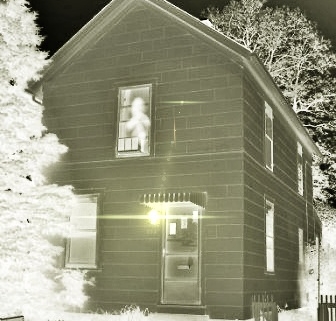
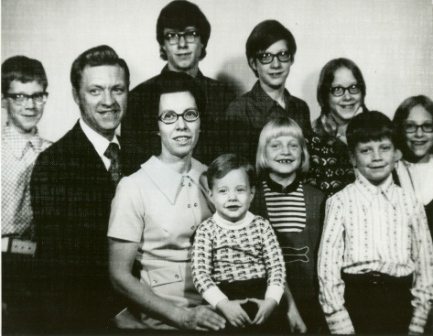
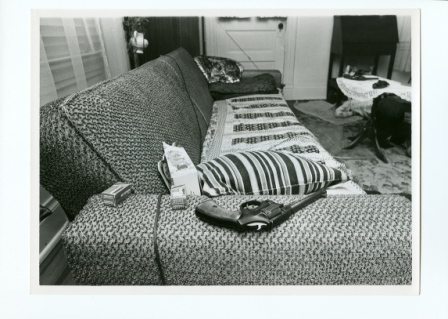

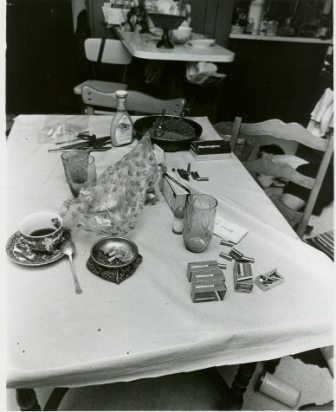
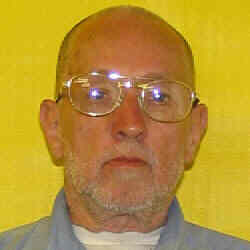
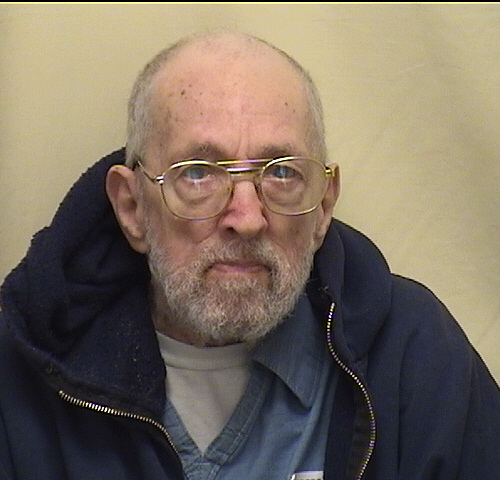




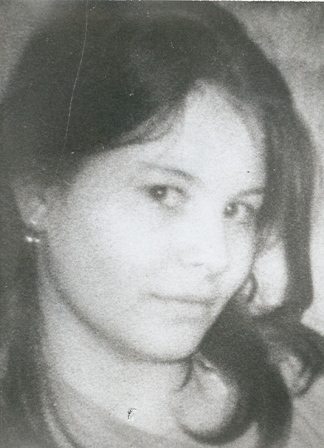
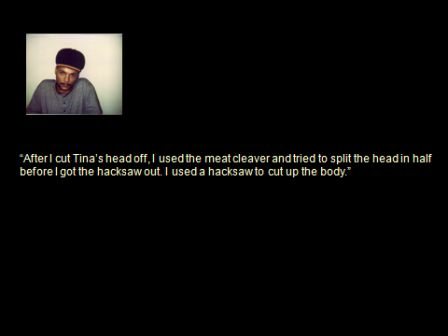
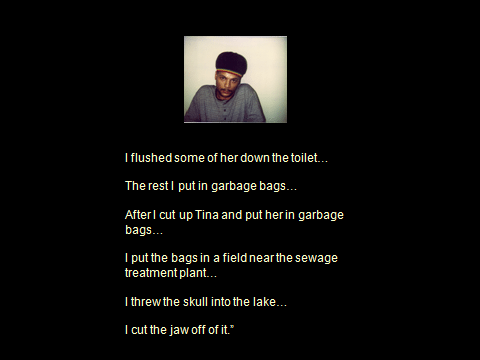

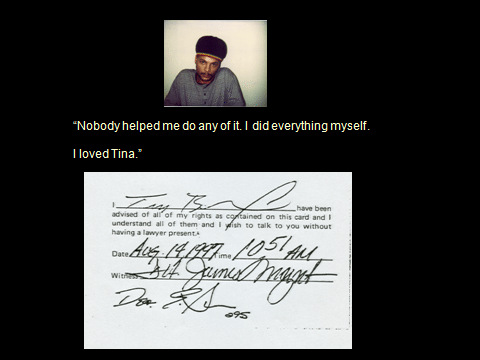
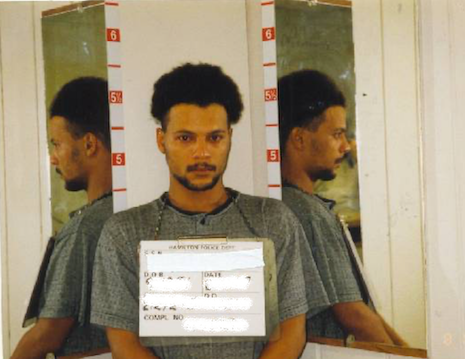
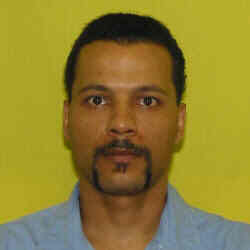
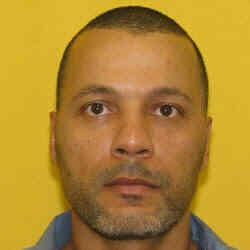
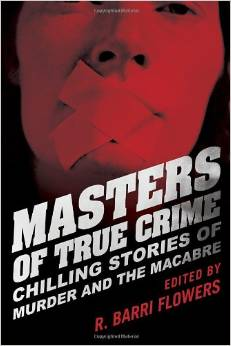

 Of course, you and your friend must attend the Writers’ Police Academy event in June to receive the rebate and free seminar registration. There is no limit as to how many rebates you may receive. If you refer ten friends and they each attend the WPA, well, you’ll receive $50 for each one. Twenty friends equal a rebate of $1,000! And so on.
Of course, you and your friend must attend the Writers’ Police Academy event in June to receive the rebate and free seminar registration. There is no limit as to how many rebates you may receive. If you refer ten friends and they each attend the WPA, well, you’ll receive $50 for each one. Twenty friends equal a rebate of $1,000! And so on. Register to attend at the 2022 Writers’ Police Academy at
Register to attend at the 2022 Writers’ Police Academy at 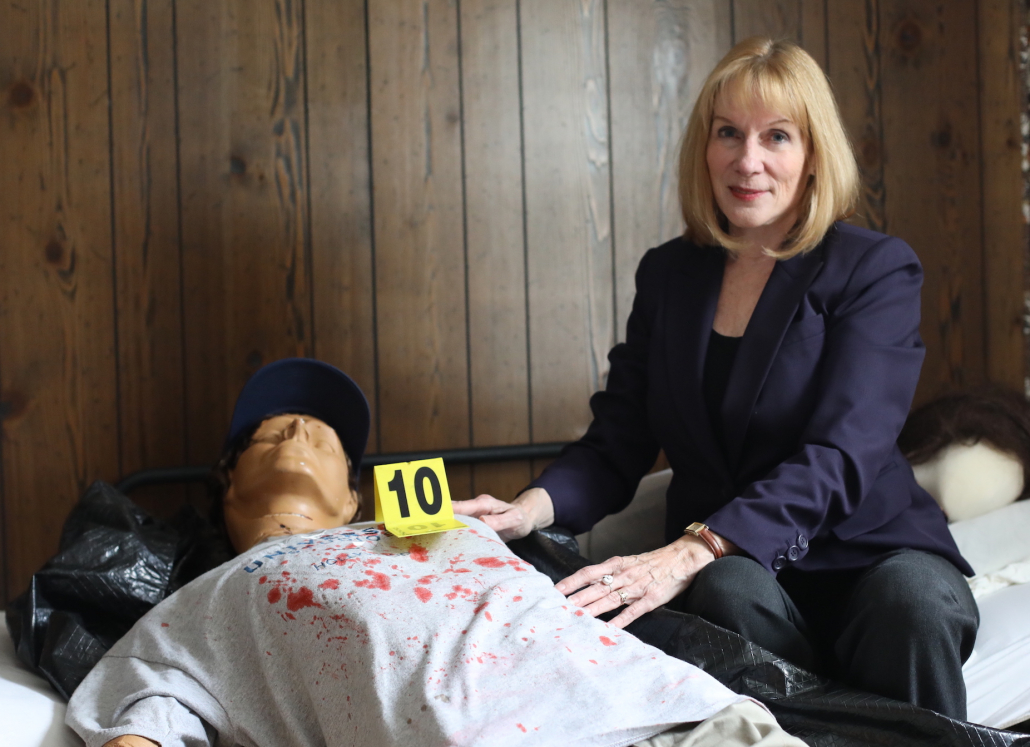
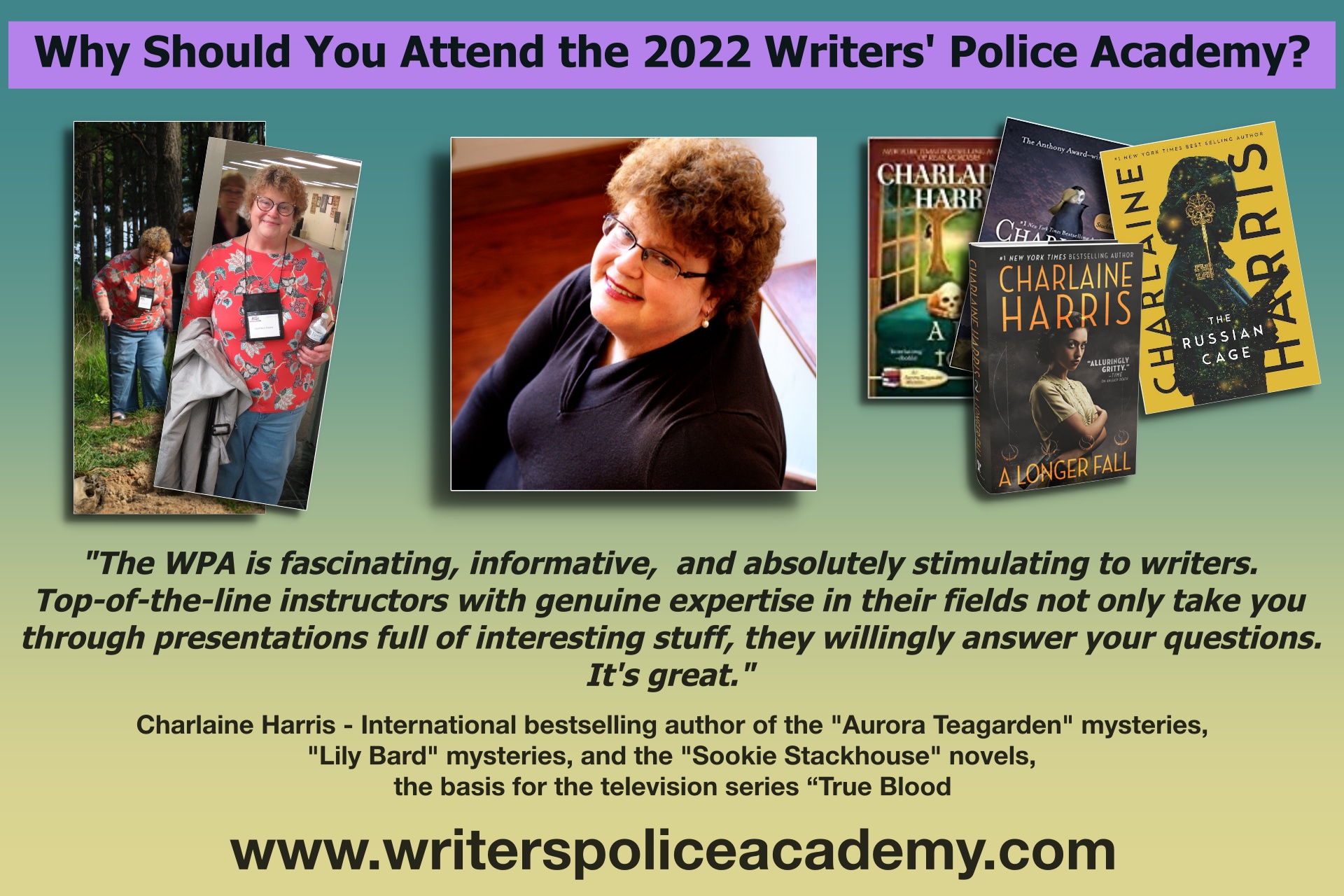
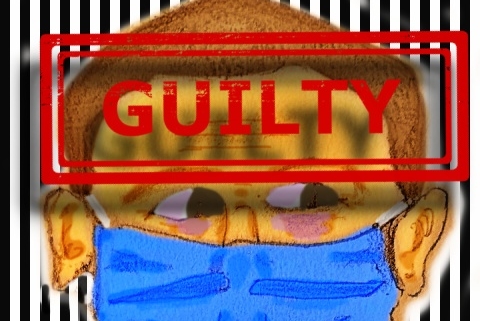


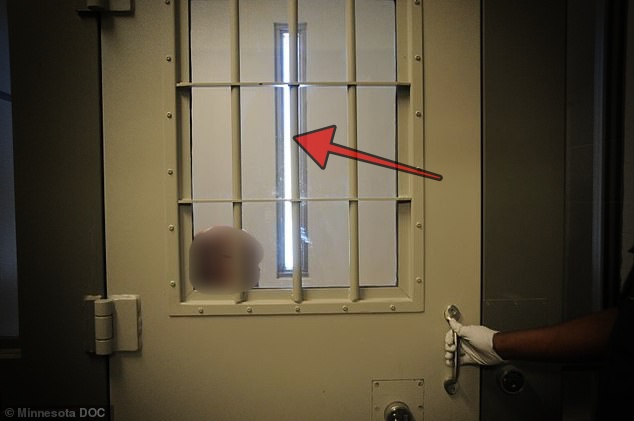
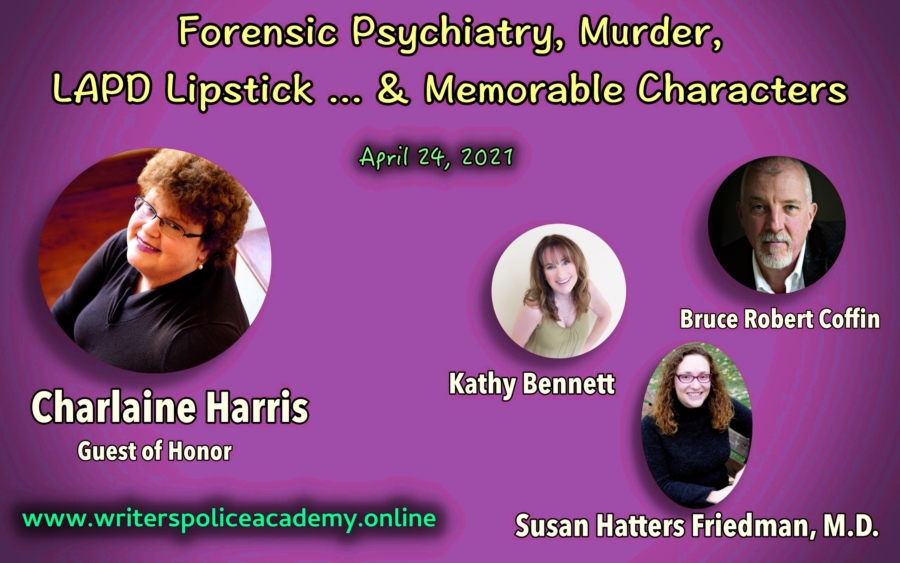
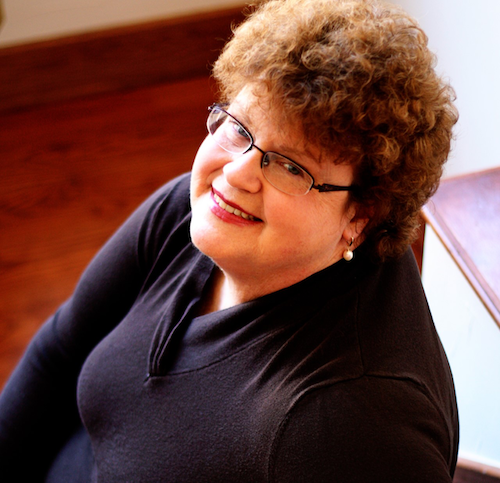 Guest of Honor Charlaine Harris is a true daughter of the South. She was born in Mississippi and has lived in Tennessee, South Carolina, Arkansas, and Texas. After years of dabbling with poetry, plays, and essays, her career as a novelist began when her husband invited her to write full time. Her first book,
Guest of Honor Charlaine Harris is a true daughter of the South. She was born in Mississippi and has lived in Tennessee, South Carolina, Arkansas, and Texas. After years of dabbling with poetry, plays, and essays, her career as a novelist began when her husband invited her to write full time. Her first book,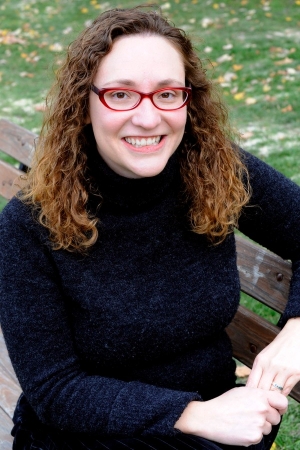 Susan Hatters Friedman, MD
Susan Hatters Friedman, MD Kathy Bennett worked for the LAPD for twenty-nine years. Eight years were spent as a civilian employee, and she served twenty-one years as a police officer. While most of her career was spent in a patrol car, Kathy also worked at the police academy as a firearms instructor, promoted to the position of a field training officer, then worked in the “War Room” as a crime analyst. She promoted again, this time to the position of Senior Lead Officer—where she was in charge of a basic car area within a geographic division. She’s done a few stints undercover and was honored to be named Officer of the Year in 1997.
Kathy Bennett worked for the LAPD for twenty-nine years. Eight years were spent as a civilian employee, and she served twenty-one years as a police officer. While most of her career was spent in a patrol car, Kathy also worked at the police academy as a firearms instructor, promoted to the position of a field training officer, then worked in the “War Room” as a crime analyst. She promoted again, this time to the position of Senior Lead Officer—where she was in charge of a basic car area within a geographic division. She’s done a few stints undercover and was honored to be named Officer of the Year in 1997. Bruce Robert Coffin is the award-winning author of the bestselling Detective Byron mystery series. A former detective sergeant with more than twenty-seven years in law enforcement, he supervised all homicide and violent crime investigations for Maine’s largest city. Following the terror attacks of September 11, 2001, Bruce spent four years investigating counter-terrorism cases for the FBI, earning the Director’s Award, the highest award a non-agent can receive.
Bruce Robert Coffin is the award-winning author of the bestselling Detective Byron mystery series. A former detective sergeant with more than twenty-seven years in law enforcement, he supervised all homicide and violent crime investigations for Maine’s largest city. Following the terror attacks of September 11, 2001, Bruce spent four years investigating counter-terrorism cases for the FBI, earning the Director’s Award, the highest award a non-agent can receive.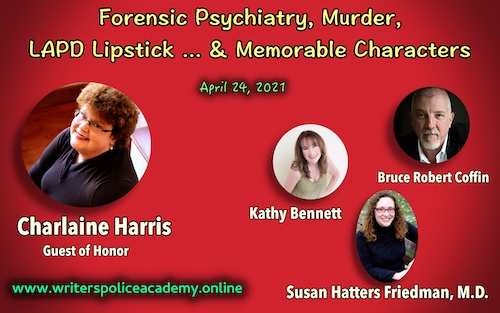


 Carrie Stuart Parks is an award-winning, internationally known forensic artist. She travels across the US and Canada teaching courses in forensic art to law enforcement professionals including the FBI, Secret Service, and RCMP, and is the largest instructor of forensic art in the world. Her best-selling novels in the mystery/suspense/thriller genre have garnered numerous awards including several Carols, Inspys, the Christy, Golden Scroll, Maxwell, and Wright. As a professional fine artist, she has written and illustrated best-selling art books for North Light Publishers.
Carrie Stuart Parks is an award-winning, internationally known forensic artist. She travels across the US and Canada teaching courses in forensic art to law enforcement professionals including the FBI, Secret Service, and RCMP, and is the largest instructor of forensic art in the world. Her best-selling novels in the mystery/suspense/thriller genre have garnered numerous awards including several Carols, Inspys, the Christy, Golden Scroll, Maxwell, and Wright. As a professional fine artist, she has written and illustrated best-selling art books for North Light Publishers. Sheri Lewis Wohl is a 30-year veteran of the federal judiciary, a search and rescue K9 handler, and the author of more than fifteen novels, several of which feature search dogs. She is a field ready member of search and rescue in Eastern Washington and for the last nine years, has been a human remains detection K9 handler deployed on missions throughout Washington, Idaho, and Montana.
Sheri Lewis Wohl is a 30-year veteran of the federal judiciary, a search and rescue K9 handler, and the author of more than fifteen novels, several of which feature search dogs. She is a field ready member of search and rescue in Eastern Washington and for the last nine years, has been a human remains detection K9 handler deployed on missions throughout Washington, Idaho, and Montana. Kevin Rathburn became a full-time faculty member at Northeast Wisconsin Technical College in 2000 after serving as an adjunct instructor for nine years. Prior to that, Mr. Rathburn served for ten years as an Assistant District Attorney for Brown County in Green Bay, Wisconsin. In 2004, Mr. Rathburn became Municipal Judge for the Village of Suamico. Mr. Rathburn holds BAs in political science and economics from St. Norbert College (1987) and a JD from Marquette University Law School (1990).
Kevin Rathburn became a full-time faculty member at Northeast Wisconsin Technical College in 2000 after serving as an adjunct instructor for nine years. Prior to that, Mr. Rathburn served for ten years as an Assistant District Attorney for Brown County in Green Bay, Wisconsin. In 2004, Mr. Rathburn became Municipal Judge for the Village of Suamico. Mr. Rathburn holds BAs in political science and economics from St. Norbert College (1987) and a JD from Marquette University Law School (1990). New York Times and USA Today bestselling author, Heather Graham, majored in theater arts at the University of South Florida. After a stint of several years in dinner theater, back-up vocals, and bartending, she stayed home after the birth of her third child and began to write. Her first book was with Dell, and since then, she has written over two hundred novels and novellas including category, suspense, historical romance, vampire fiction, time travel, occult, sci-fi, young adult, and Christmas family fare.
New York Times and USA Today bestselling author, Heather Graham, majored in theater arts at the University of South Florida. After a stint of several years in dinner theater, back-up vocals, and bartending, she stayed home after the birth of her third child and began to write. Her first book was with Dell, and since then, she has written over two hundred novels and novellas including category, suspense, historical romance, vampire fiction, time travel, occult, sci-fi, young adult, and Christmas family fare.
